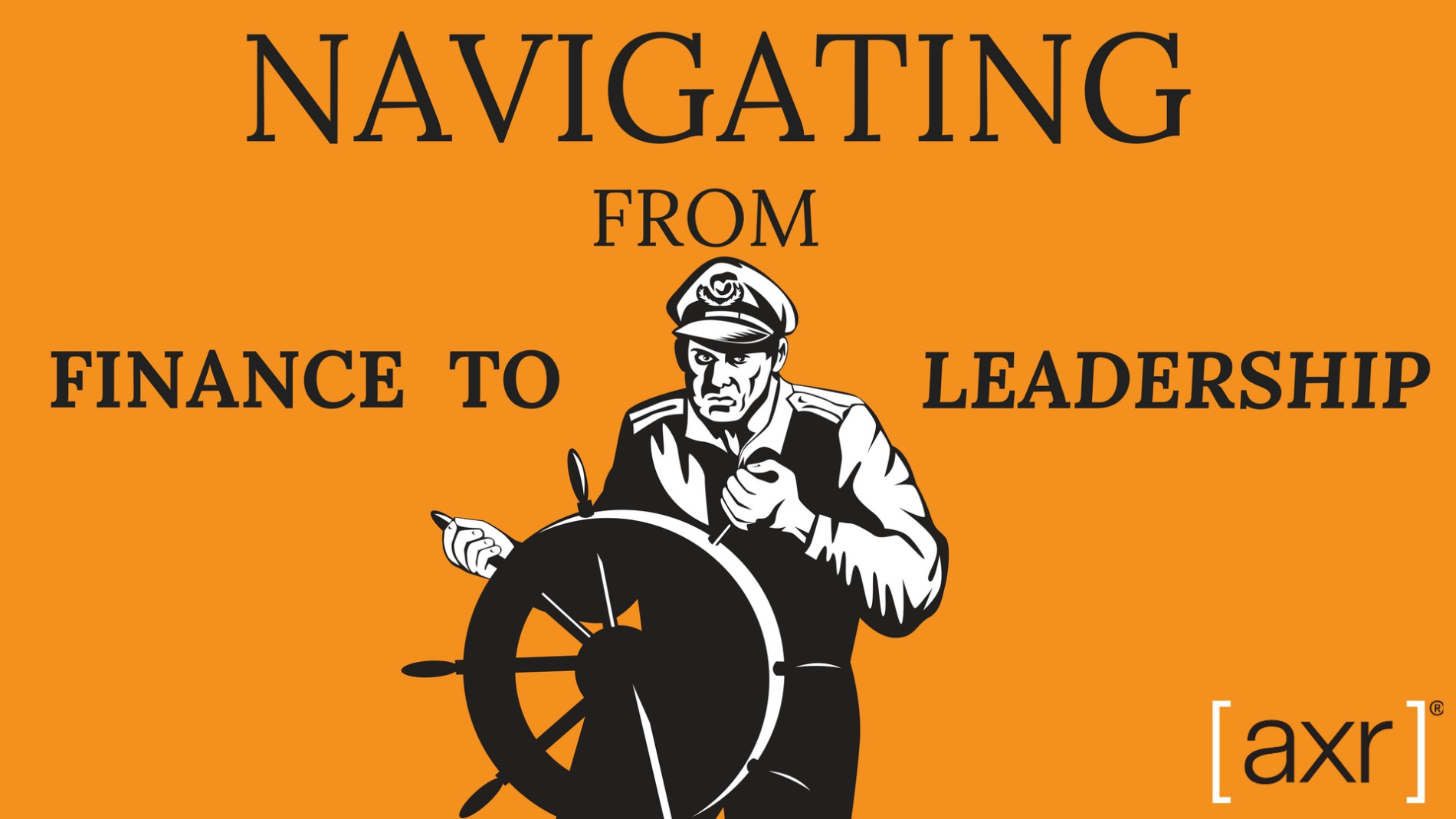by Abe Batavia
Navigating your career from being “just an accountant” into being a leader can be fraught with ambiguity, uncertainty and, at times, very little support. In response to this, we have organised our series the Finance To Leadership (F2L) program, which is designed to assist talented finance professionals successfully navigate their careers and help them with their transition into leadership roles.
Participants have the opportunity to learn from different mentors that have made the successful transition and gain insights into the mentor’s own unique career paths, highlighting some of the key opportunities and challenges that they faced and the lessons they learnt.
We asked each of the mentors from our series so far to share their tips on how to become an effective leader. Here are some of the key pieces of advice they shared:
Invest in your team: Invest as much into your team as you expect to get back from them, and take the time to build strong connections with each team member and amongst the team. The secret to a high-performing team is if everyone trusts each other.
Identify motivational factors: Demotivated employees underperform and then walk out the door at the first opportunity. Understand what motivates your team. Keep this in mind when planning your approach to help you develop their potential.
Coach the team: It is important to give your team members the skills and tools to do their job, as well as aid their development. In order to keep up with business and industry developments, coaching and training courses are essential.
Recognise Performance: Acknowledgement of achievements is quite important for any team member and should be done in a way that is meaningful to the individual. Ensure it is structured to enhance fairness and trust within the team.
Manage relationships: Learn how to effectively manage relationships up, down and across the organisation. This will help you gain credibility within the organisation and help you understand everyone’s role within the organisation.
Mentorship: It is very important to find a good mentor that you can trust and learn from. This could be someone either from within your organisation that you look up to or it could be someone external. Whoever you choose, make sure you are clear on what you wish to get out of the relationship so you get the most out of the time you are both putting in.
Good vs Bad Manager: To succeed, surround yourself with the kind of people you want to become. Find support and guidance from good managers in your business. Good managers are the ones that challenge you to do your best and that you know will back you up. Bad managers are hard to depend on and will have difficulty in articulating their own long-term goals, let alone your goals to improve your leadership skills.
Becoming a leader is not an easy or straightforward process which is why getting guidance from someone who has been through it before is crucial. All of the advice was positively received by all of our participants, and they felt that they took something valuable from the experience that will help them accelerate in their professional advancement.
We are grateful to all of the mentors for sharing their insights on how to become successful future finance leaders. We are also thankful to all of our participants for their commitment to the program and for making it a success.
Are you trying to navigate your finance career into a leadership role?
You don’t need to do it alone. Learn from the experiences and career advice of other Finance and Accounting professionals who have made the transition into senior leadership roles successfully. Find out more about our Finance to Leadership program here.
Click here to register your interest in [F2L] Finance to Leadership program
We would love to hear your thoughts. Feel free to comment on our LinkedIn, Facebook, Twitter or register to receive monthly via email.

